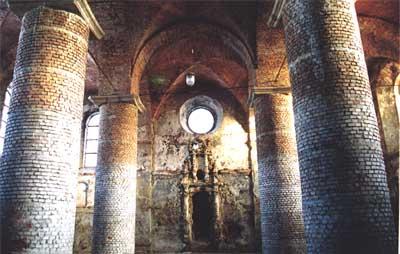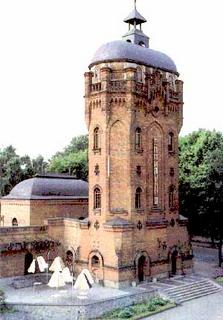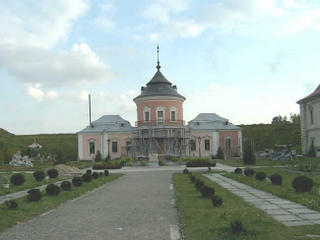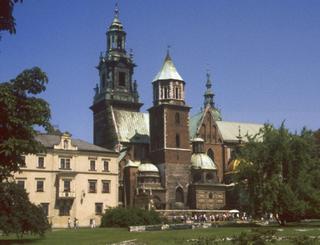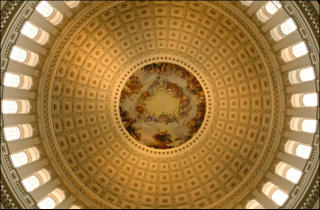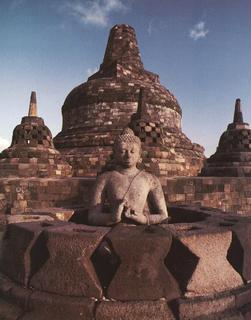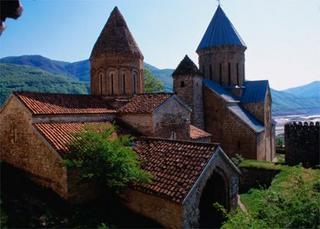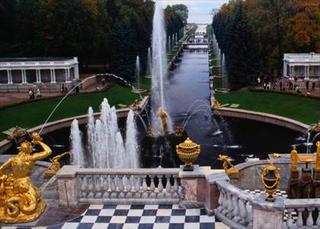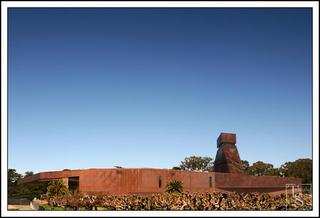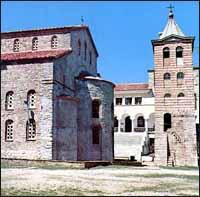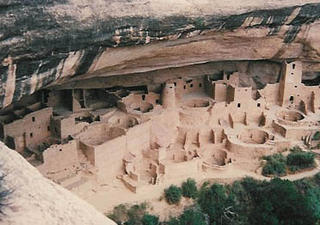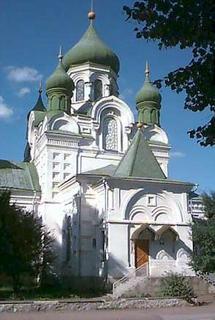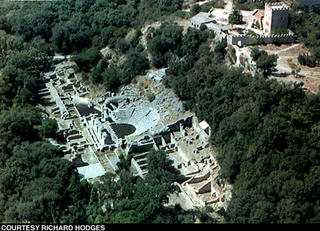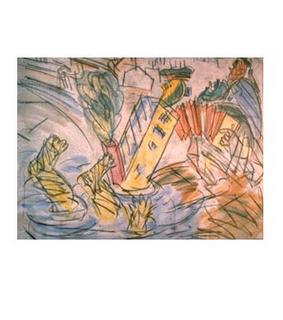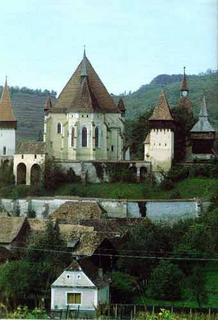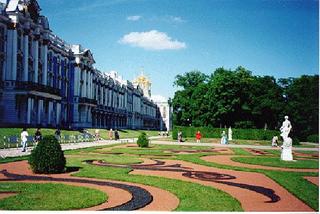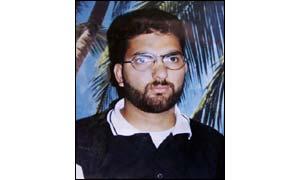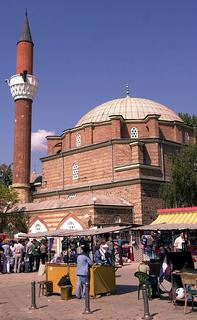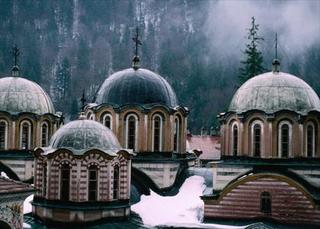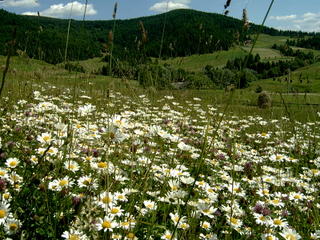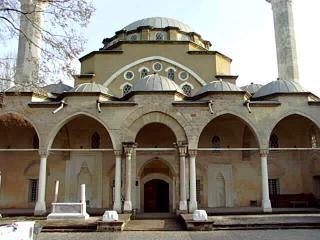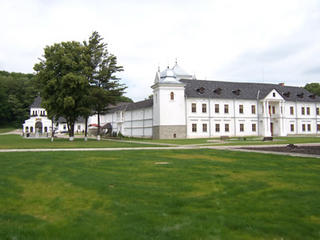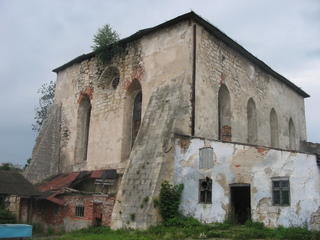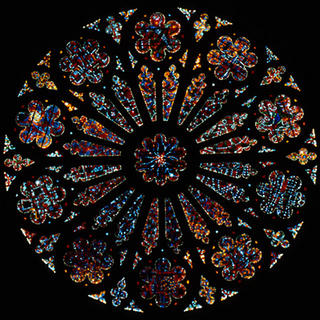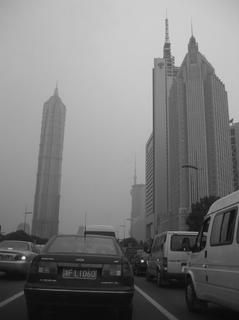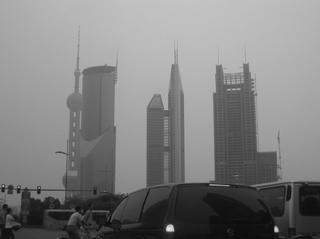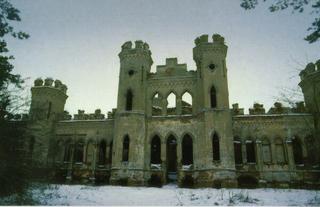Yesterday afternoon, after spending a
couple hours with an old friend and neighbor
who is home-bound due to multiple-sclerosis,
I attended the Washington National Cathedral's
Interfaith Service in Remembrance and Hope,
in memory of last Thursday's London terrorist
attacks. There were prayer readings from the
Christian, Hebrew, and Muslim faiths, as well
as music by J.S. Bach and Anglican hymns. The
cathedral was only a quarter-filled, and the
service was somewhat less moving than earlier
Interfaith Services in Remembrance and Hope
that I have attended at that great national
Cathedral. I always try to sit within view of the
moon-rock stained-glass window during these
occasions.
Following the service, there was a beautiful organ
recital by organist Marek Kudlicki, from Krakow
and Vienna. Following Bach's B minor Prelude
and Fugue, it was an all Polish organ music recital.
Highlights were Mr Kudlicki's transcription of
Frederick Chopin's Prelude in D flat major, Op. 28,
No. 15 (Raindrops) and Bronislaw Przybylski's
(b. 1941) exceptionally powerful "Rota"
-- Passacaglia on a Theme of Feliks Nowowiejski (1985)
-- to my mind, a perfect evocation of an archaic
Western city during a time of warfare and challenge.
It was a long, summer late afternoon, and I wasn't quite able
to transport myself mentally back to Budapest, Prague,
Warsaw, Krakow, Lviv, Zhovka, Zhytomyr, and Kyiv, where I
had heard comparably beautiful organ performances
earlier this year.
At 7 PM, I re-listened to South African Quaker Cosmologist
George Ellis, on NPR's "Speaking of Faith".
At 10 PM, I thought to close my weekend by seeing
whether there might not be some English Renaissance
Thomas Tallis music on WETA-FM's "Millennium of
Music" program -- Washington's window
into European humanism for over a quarter
of a century -- but instead there was a rebroadcast
of some stupid "Fresh Air Weekend Edition" which
featured performances from some rock band
from Australia which had folded in 1990, but regrouped
in 2000; as well as an interview with the star of the
commercial TV program "Six Feet Under", which I
have never seen. I felt the phantom extremity syndrome
coming on, so I put on an Andrew Parrott and the Taverner
Consort CD , and I listened privately to Tallis's settings
of the Lamentations of Jeremiah and other Latin works.
Thomas Tallis was born five hundred years ago, in 1505.
*
My sister and her husband are safe in London, and N. is
safe in Lviv conducting some final summer cultural
excursions.
*
Interior remains of Zhovka's Renaissance-era synagogue,
in Ukraine:
